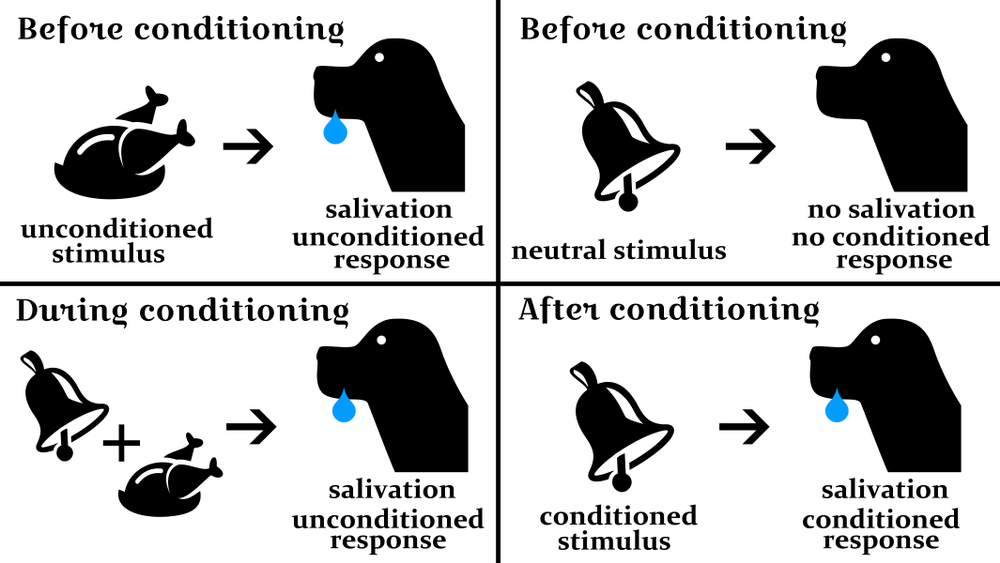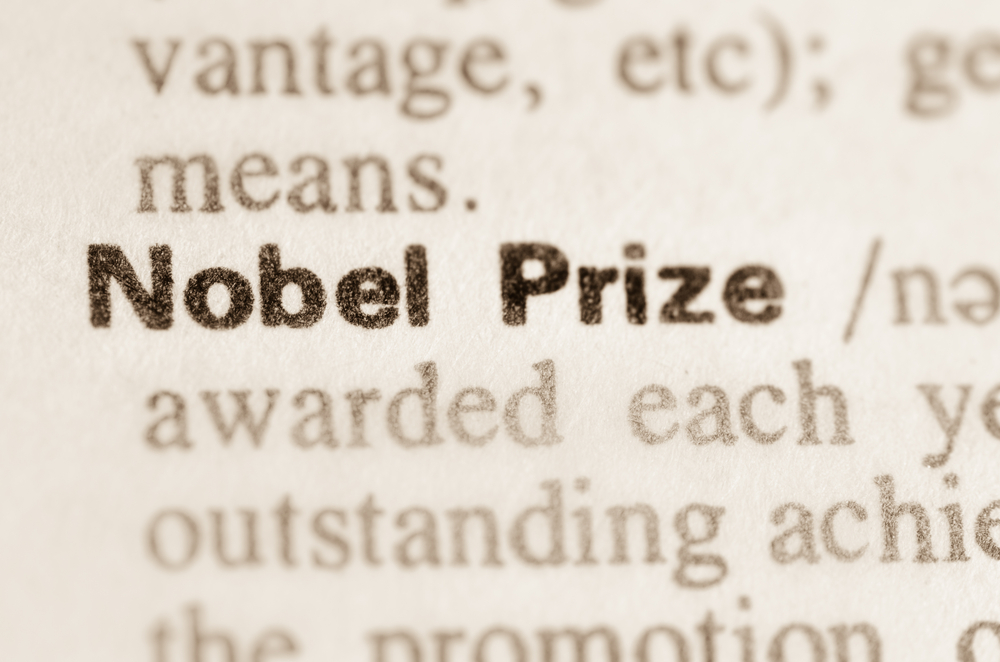


Am I a psychologist? No. Do I have a relatively in-depth understanding of human behaviour? Also, no. Do I have the strongest example of a conditioned response since Pavlov's dogs? Absolutely I do.
For those of you who haven’t inexplicably retained information about Ivan Pavlov, he was a Russian psychologist who is best known for his research into conditioned responses. A conditioned response being where a subject (in the case of Pavlov’s research, dogs) learns to respond to a particular stimulus.
Pavlov proved that responses could be conditioned, rather a biological impulse, by ringing a bell when dogs were given food. Initially the dogs would salivate when given food (an unconditioned response), but over time they came to associate the sound of the bell with being given food and so would salivate at just the sound of the bell, even when no food was given - a conditioned response.

Pictured: Users spend an average two and half hours on social media every day.
“Pretty interesting stuff,” said psychologists and biology teachers for the next nine decades.
“Modern technology has turned us all into Pavlov’s dogs,” says I.
Skip forward 100 years from the drooling dogs, Pavlov exists only in the history/biology/psychology books, and I’m sat with my friend in her flat when a message tone sounds on my phone. I immediately look at the screen, no big deal, right?
We are all conditioned to look at our phones when they go off, that’s not new information. However, I think taking it a step further might win me a Nobel Prize.
The reason I immediately looked at my phone is because I knew it was my boyfriend, not because I’m psychic, but because I have set the alert tone on our conversation to a particular sound that is only assigned to him.
Simultaneously as my eyes darted to my phone screen, my friend recoiled at the sound of the tone and let out an equal part fearful and disgusted “urgh” sound while shuddering, but she didn’t look at either her phone screen or mine.

Pictured: Ivan Pavlov conducted research into conditioned responses in dogs.
As it turns out, the sound I had chosen for that chat, was the same tone that my friend had assigned to her ex-boyfriend when they were together.
Rather than simply being conditioned to look at our phones when they go off, my friend and I had taken it a step further where we have inadvertently conditioned ourselves into emotional responses to different alerts.
While I was excited at the sound of the tone, she was repulsed as her mind flooded with memories of conversations with her ex and she felt compelled not to look at her phone.
I have different alert tones for many different chats, including individual family members, the collective family chat, the close friends chat and the sports team chat. I have conditioned myself to respond to each chat accordingly and if the tone is not a customised one, I will very often ignore it (for self-care/don’t care reasons).
I discussed this with my friend and she said she does the same thing too, surely we cannot be the only ones?

Pictured: My friends and I set customised message tones for different contacts and conversations on WhatsApp.
A Google search in answer to that question, however, was not particularly fruitful. The “smart” search engine at first thought I was asking how to assign personalised tones, then showed responses on how miscommunication happens over messages.
I concluded that I have either stumbled across some pioneering insight into modern human behaviour (are you listening Nobel judge’s panel?), or we are all so accustomed to these conditioned responses that we don’t consider them to be an interesting talking point.
I also raised the question in my office, although the response was unanimous that none of the three men in the room had ever set a personalised alert tone, which was not particularly helpful. It should be noted that the only people I’ve spoken to about this who have assigned tones to different contacts/conversations are women, an entirely different issue to explore perhaps.
Now that I’m aware of the issue, or at least of my own hypothesis, it would be prudent of me to reset all my chats to a standardised tone to rid myself of the potential psychological damage that will be inflicted on my future self.
Although, as I debate the pros and cons, and my phone alerts me that the very friend who brought this issue to my attention has just messaged me, I know that I’m not going to change.

Pictured: Pavlov was awarded The Nobel Prize in Physiology for Medicine in 1904.
I am part of the generation that has been both blessed and cursed in the ability to find the answer to (almost) anything immediately, a generation that doesn’t even need to wait for weekly episodes of our favourite show to be released because Netflix allows us to binge an entire season at once, and where companies now base their marketing on the fact that, if something takes more than three seconds to load, we will lose interest.
Mystery is no longer exciting, patience no longer a virtue. I don’t want to hear my phone go off and have to open my messages to see who is trying to contact me, I want to hear a tone that gives me that information immediately.
For those of you, men or women, who have assigned tones to particular conversations, I would urge you to undertake your own research. Do you have differing emotional responses to each sound, or are my friends and I simply emotionally unstable?